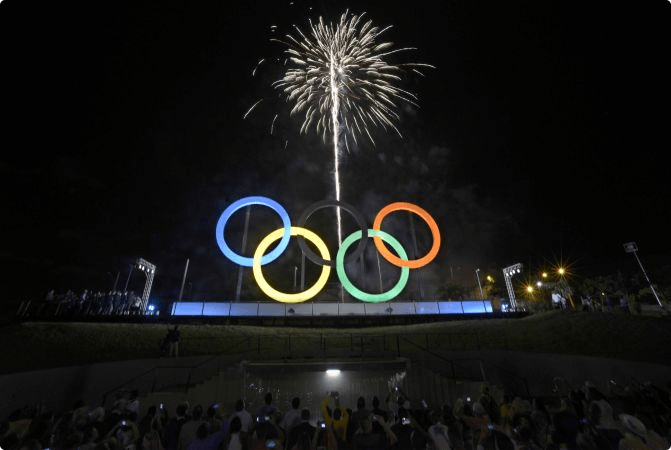On Tuesday Japanese Prime Minister Yoshihide Suga announced an extension of the coronavirus state of emergency that has been in effect since January 7. The state of emergency was originally scheduled to end on February 7 but have instead been extended another month to March 7. Areas affected include Tokyo, where the Olympics are scheduled to start in less than six months.
The state of emergency was in response to a record number of cases in January. Tokyo specifically had hit a peak of 2,447 cases on January 7; on Monday Tokyo reported 393 new cases with 556 on Tuesday. The government is still cautious about the trend of the virus as critical care units are at 113% capacity in Tokyo.
The current state of emergency are less stringent regulations as the lockdowns seen in Europe and other parts of the world. Employees are encouraged to work from home, bars and restaurants close at 8pm, and there are limits to the number of people at large gatherings.
Suga, who is committed to holding the games, has enacted the current measures to contain the coronavirus in preparation for this summer’s Olympics and not necessarily as a sign that the games cannot take place. Suga has made holding the Olympics in a “safe and secure” environment a priority, saying “We are holding the Olympics this summer.” His comments are echoed by Tokyo Olympics president Yoshiro Mori who said “We must go beyond discussion about whether we will hold it or not. It’s about how we will do it. Let’s think about a new kind of Olympics on this occasion.”


I live in Tokyo Japan. There are no limits here. Trains are packed, still. It’s posturing with zero enforcement.
Zero doctors, zero fans…
https://www.nippon.com/en/news/reu20210203KBN2A30HN/
https://www.nippon.com/en/news/reu20210203KBN2A31AO/
Zero singing, zero chanting, zero roaming